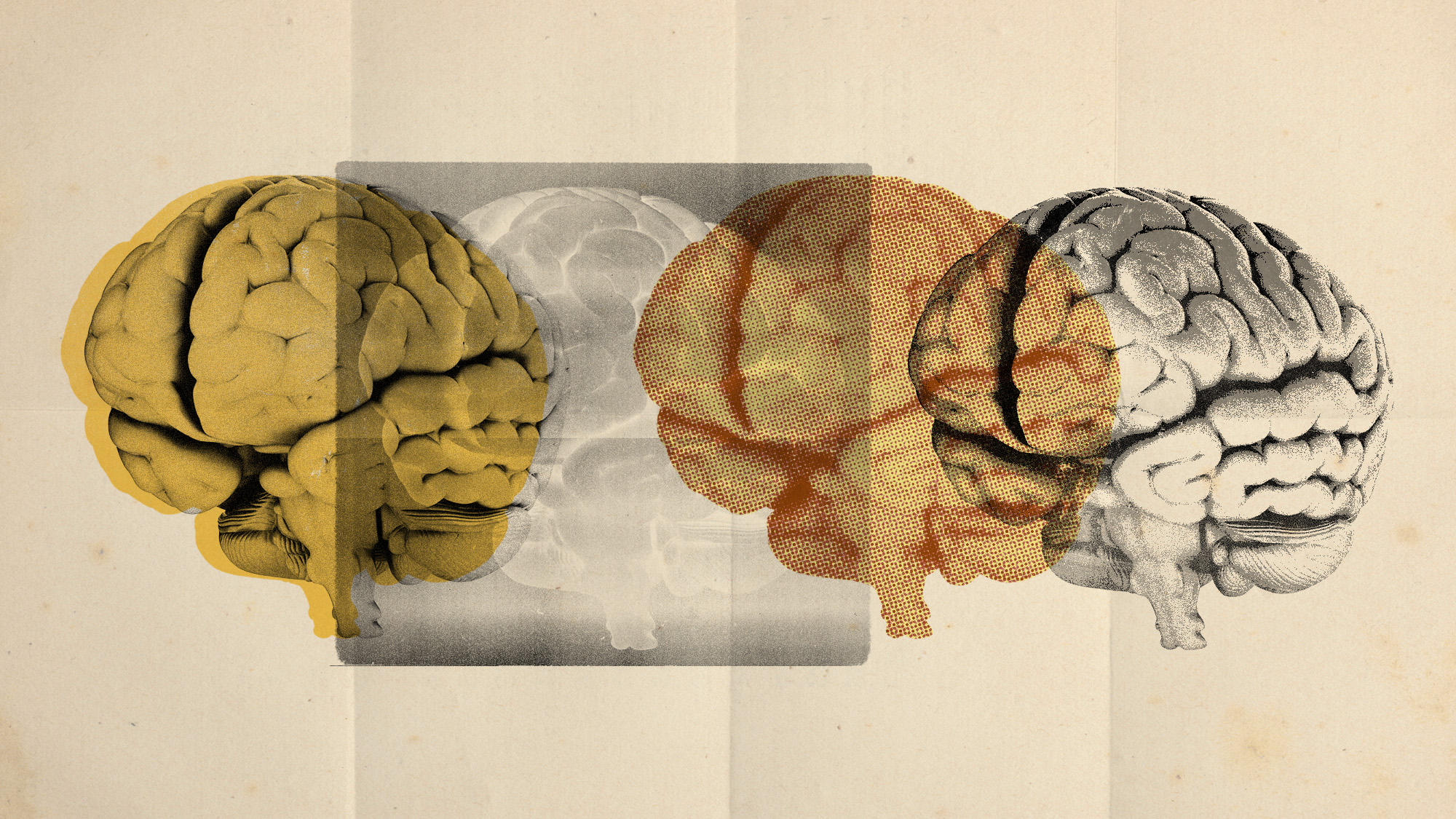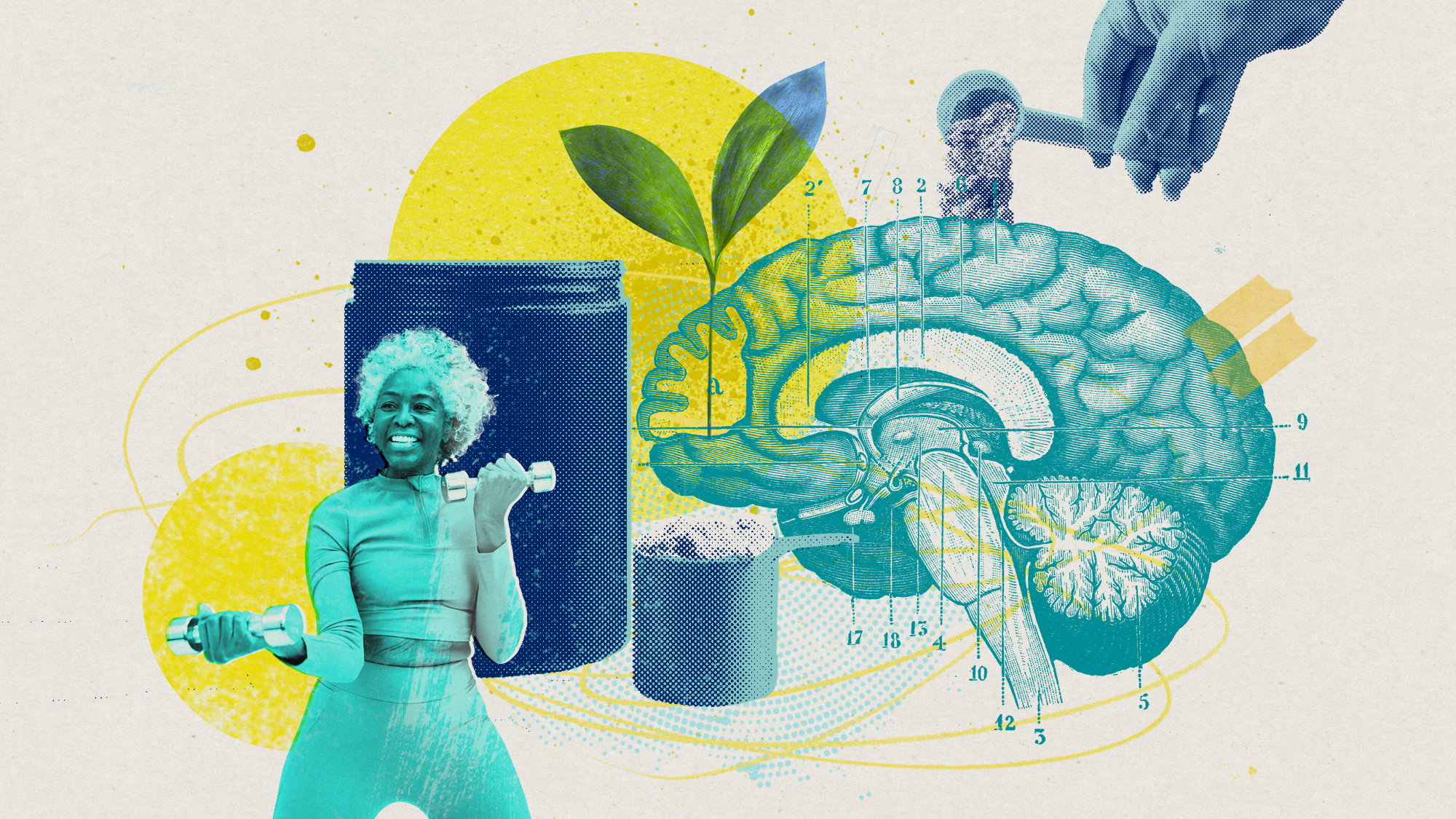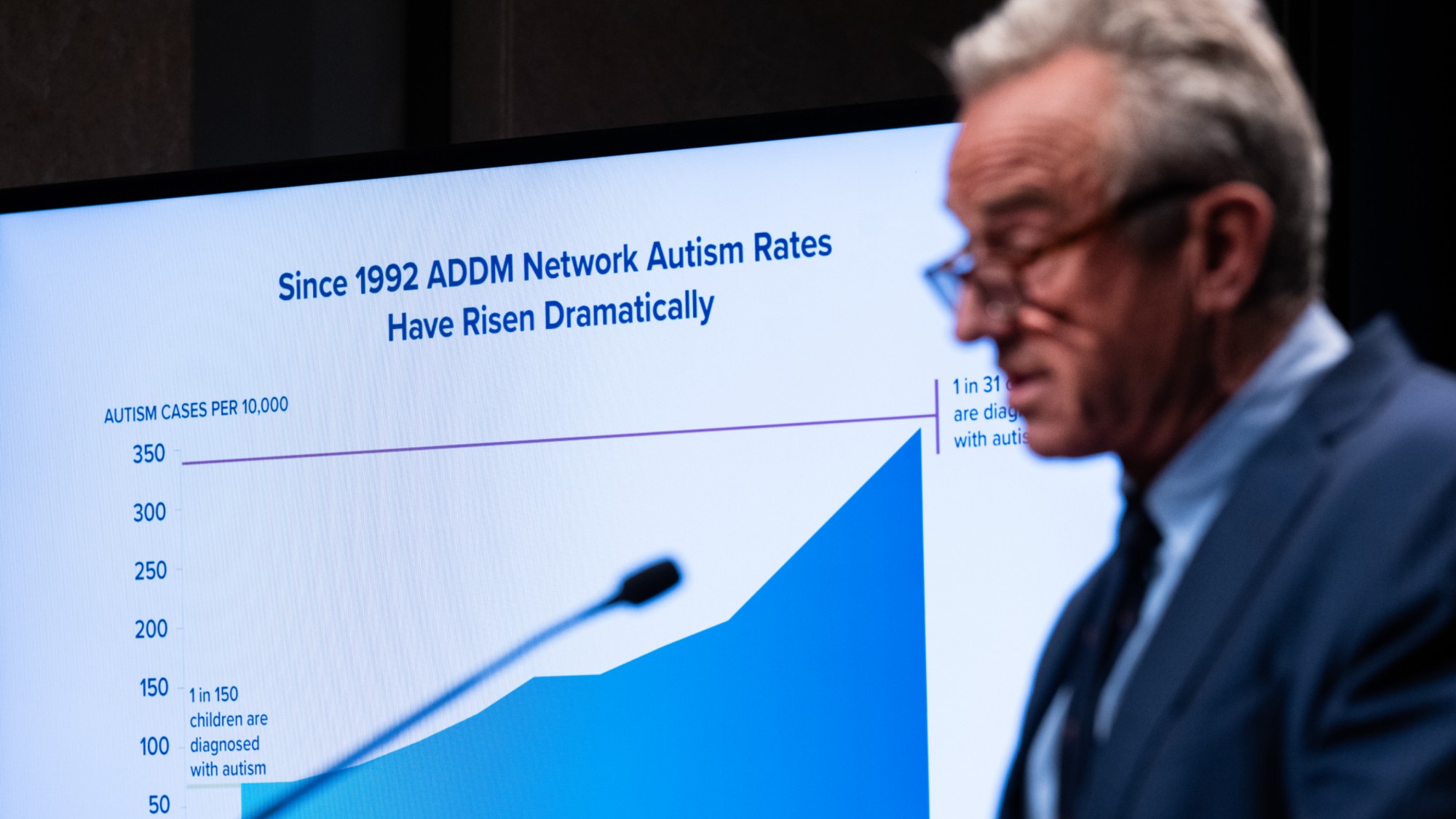How Brexit is affecting mental health
Uncertainty surrounding UK’s future is having worrying effects on the nation’s psyche

A free daily email with the biggest news stories of the day – and the best features from TheWeek.com
You are now subscribed
Your newsletter sign-up was successful
The limbo of an uncertain Brexit is damaging not only the nation’s economy but also the mental well-being of its people, according to health experts.
Uncertainty over the future of businesses in Britain and the rights and status of EU nationals following the UK’s scheduled departure from the bloc have contributed to the malaise. And the situation has become even more chaotic following the defeat of Theresa May’s Brexit deal in a Commons vote this week.
The founder of the In Limbo project, which seeks to represent EU nationals in Britain, told The Independent that there had been an increase in the number of people expressing suicidal thoughts on the group’s Facebook page.
The Week
Escape your echo chamber. Get the facts behind the news, plus analysis from multiple perspectives.

Sign up for The Week's Free Newsletters
From our morning news briefing to a weekly Good News Newsletter, get the best of The Week delivered directly to your inbox.
From our morning news briefing to a weekly Good News Newsletter, get the best of The Week delivered directly to your inbox.
Speaking to the newspaper at the start of the year, Elena Remigi said: “It’s not that we didn’t have them before, but it would be one every few months. In the last couple of weeks, as we’ve come into the festive season and closer to 29 March, there have suddenly been four. It sends alarm bells ringing.
“And in terms of broader mental health problems, it’s much worse than before. People are expressing more grim thoughts or saying they’re depressed or having panic attacks.”
The possible impact of Brexit on mental health was assessed by the NHS Confederation’s Mental Health Network almost a year after the EU referendum, as the possible implications of leaving the bloc became clearer.
Elisabetta Zanon, director of the NHS European Office, said that as well as those directly affected by Brexit such as EU citizens, the uncertainty was also likely to affect the wider population group.
A free daily email with the biggest news stories of the day – and the best features from TheWeek.com
“A climate of uncertainty if perpetrated for a long period of time could impact on the mental and physical health of people, potentially leading to an increase in demand of services,” she wrote.
Earlier this month, The Guardian reported that an increasing number of farmers were reaching out to crisis networks for help as they struggle to deal with the economic impact of both Brexit and bad weather.
“I’ve had many worrying telephone calls just in the last two or three weeks from farmers who want to give up, and who are on suicide watch. But what I fear most is those who do not telephone you,” Alistair Mackintosh, of the National Farmers’ Union, told the newspaper.
London-based clinical psychologist Hamira Riaz says it is unsurprising that the uncertainty over Brexit is weighing on mental health.
If “you suddenly find that decisions that are made on a national level are impacting your material security, that is definitely going to be a significant negative life event”, she told Quartz. “And we know that people facing significant negative life events can tip over into mental health issues such as depression and anxiety.”
Researchers from the London School of Economics have examined the extent of the impact of Brexit on people’s mental health.
The study - outlined in a paper published in the university’s Economica journal in February - looked at a dataset of 35,000 people in the UK’s Household Survey. The researchers found a statistically significant increase in mental distress since the 2016 referendum, principally among people who voted to remain in the EU, who reported symptoms ranging from trouble concentrating to unhappiness, depression and feelings of worthlessness.
But it isn’t not just Remainers who are feeling the burden. A female Leave voter from Reading told HuffPost last year: “I have felt anxious watching the news, seeing how disastrously the negotiations are going and the turmoil being displayed within our political parties.”
The woman, who asked not to be named, added: “Jobs are worrying me, particularly as I am currently on a year’s contract and will be unemployed in six months’ time. Also, the cost of things will affect everyone including me.”
The fears about a nationwide mental health crisis comes as experts warn that Brexit may also have a negative impact on support services.
An NHS briefing last year warned that implications of the UK’s departure from the European Union for the health service were “far reaching”, in part because of potential problems with workforce supply and regulation.
Roughly 165,000 NHS employees are EU nationals, “and while those that are already in the UK can apply to stay, domestic recruitment alone won’t be able to meet future staffing needs”, says Quartz.
-
 The ‘ravenous’ demand for Cornish minerals
The ‘ravenous’ demand for Cornish mineralsUnder the Radar Growing need for critical minerals to power tech has intensified ‘appetite’ for lithium, which could be a ‘huge boon’ for local economy
-
 Why are election experts taking Trump’s midterm threats seriously?
Why are election experts taking Trump’s midterm threats seriously?IN THE SPOTLIGHT As the president muses about polling place deployments and a centralized electoral system aimed at one-party control, lawmakers are taking this administration at its word
-
 ‘Restaurateurs have become millionaires’
‘Restaurateurs have become millionaires’Instant Opinion Opinion, comment and editorials of the day
-
 ‘Longevity fixation syndrome’: the allure of eternal youth
‘Longevity fixation syndrome’: the allure of eternal youthIn The Spotlight Obsession with beating biological clock identified as damaging new addiction
-
 RFK Jr. sets his sights on linking antidepressants to mass violence
RFK Jr. sets his sights on linking antidepressants to mass violenceThe Explainer The health secretary’s crusade to Make America Healthy Again has vital mental health medications on the agenda
-
 The app tackling porn addiction
The app tackling porn addictionUnder the Radar Blending behavioural science with cutting-edge technology, Quittr is part of a growing abstinence movement among men focused on self-improvement
-
 Scientists have identified 4 distinct autism subtypes
Scientists have identified 4 distinct autism subtypesUnder the radar They could lead to more accurate diagnosis and care
-
 'Poo pills' and the war on superbugs
'Poo pills' and the war on superbugsThe Explainer Antimicrobial resistance is causing millions of deaths. Could a faeces-filled pill change all that?
-
 'Wonder drug': the potential health benefits of creatine
'Wonder drug': the potential health benefits of creatineThe Explainer Popular fitness supplement shows promise in easing symptoms of everything from depression to menopause and could even help prevent Alzheimer's
-
 Fly like a breeze with these 5 tips to help cope with air travel anxiety
Fly like a breeze with these 5 tips to help cope with air travel anxietyThe Week Recommends You can soothe your nervousness about flying before boarding the plane
-
 RFK Jr.'s focus on autism draws the ire of researchers
RFK Jr.'s focus on autism draws the ire of researchersIn the Spotlight Many of Kennedy's assertions have been condemned by experts and advocates